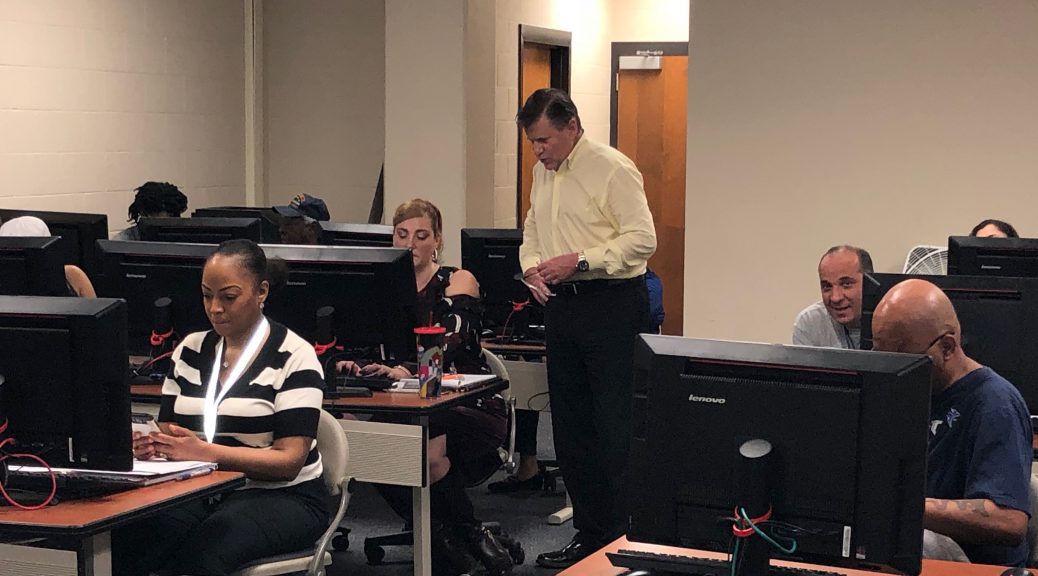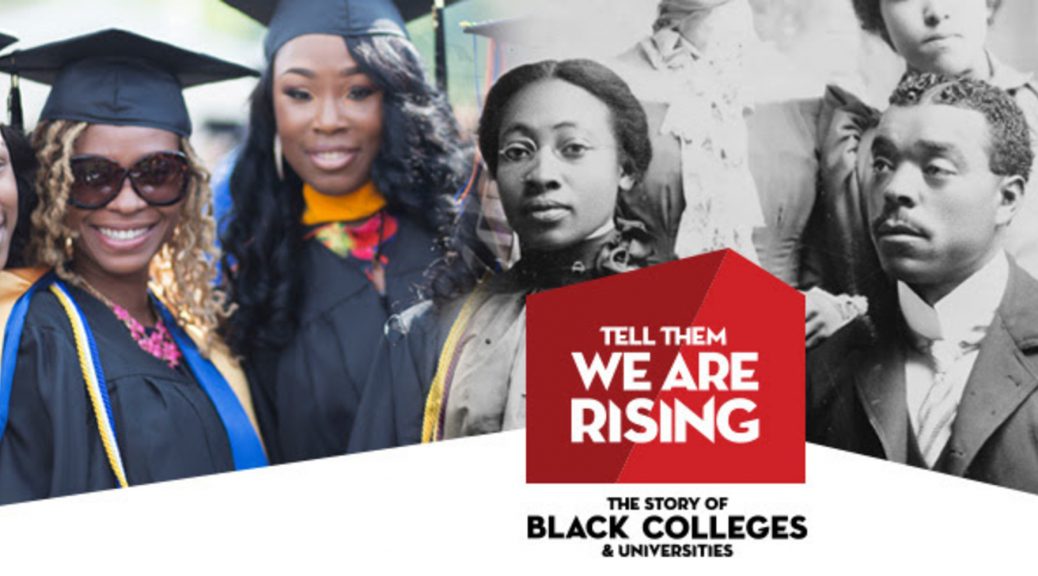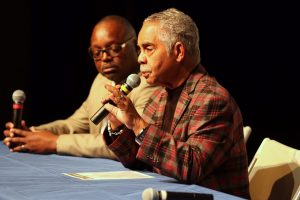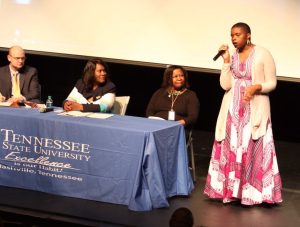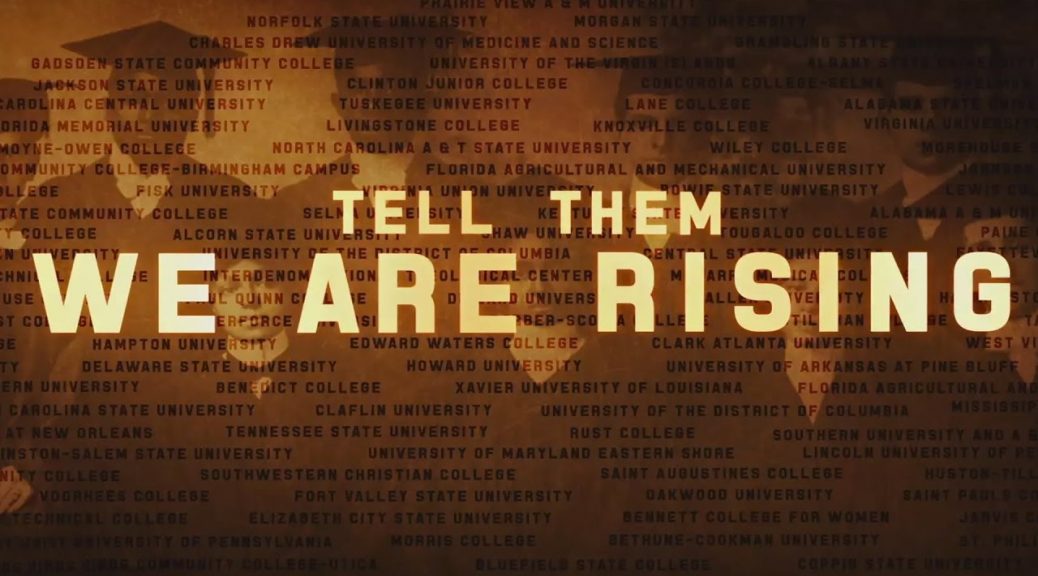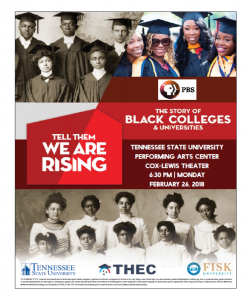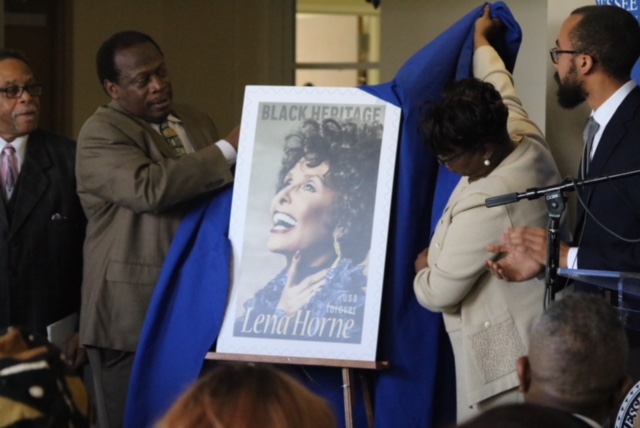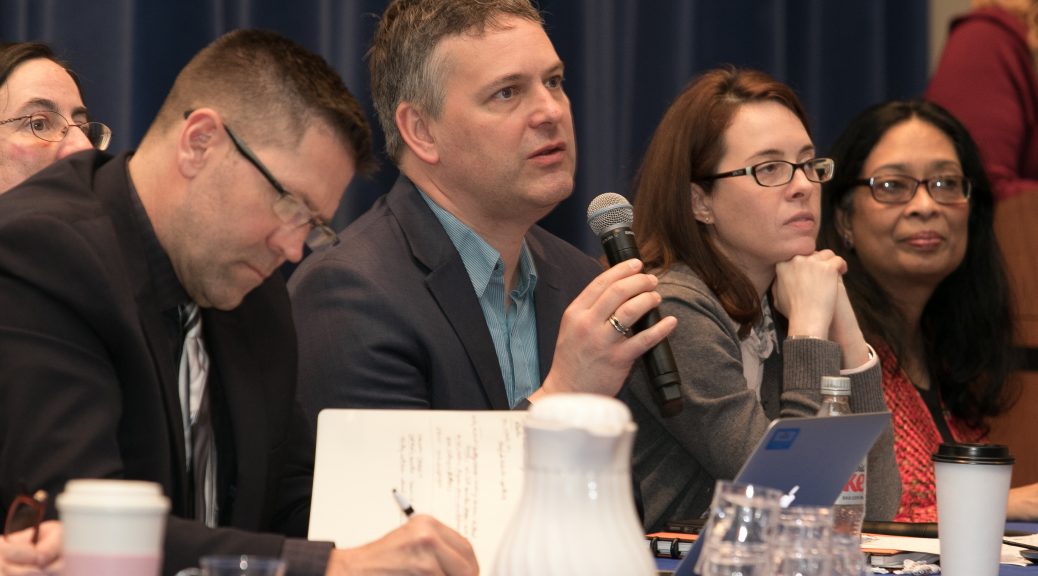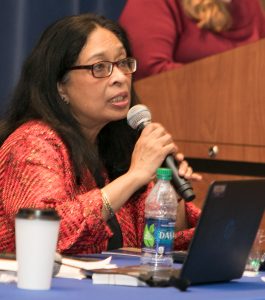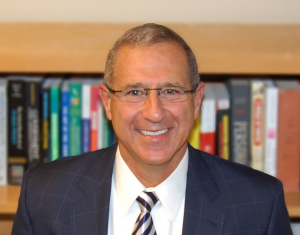By Joan Kite
NASHVILLE, Tenn. (TSU News Service) – The College of Agriculture at Tennessee State University is launching a major hemp research initiative in collaboration with Tennessee’s Department of Agriculture.
To help educate local farmers and the public, TSU’s College of Agriculture is presenting the Industrial Hemp Producers Workshop, a one-day session featuring experts in the industry from 10 a.m. to 4:15 p.m. on Friday, March 2, at the Farrell-Westbrook building on TSU’s main campus.
Interest is high in this topic as all available workshop slots are already taken attracting more than 100 people, some of whom are flying in from California and Delaware.
“We want to be in this emerging area of Tennessee agriculture,” said Dr. Chandra Reddy, dean of the College of Agriculture. “Our goal is to assist the producers in growing industrial hemp efficiently.“
The College of Agriculture has charged a team of scientists to develop hemp production practices for Tennessee. The research projects also include developing hemp nutritional products for human consumption and studying the economic viability of hemp production in Tennessee.
The workshop on March 2 features hemp industry experts who will discuss licensing requirements, market prospects, business model plans, best practices and other information needed to get into the hemp production business in Tennessee. The workshops will begin at 11 a.m. and conclude at 4 p.m.
Hemp, which is a form of Cannabis Sativa (marijuana), but is genetically different, is an ancient crop dating as far back as 12,000 years ago. It flourished in America during the 1800s. George Washington and Thomas Jefferson were proponents for the industry. Hemp was used to produce cordage and ropes for the shipping industry, canvas, sacks, and paper. Today, hemp is used for all kinds of products from clothing to food.
Hemp fell out of favor in 1937 when the government passed the Marijuana Tax Act regulating the sale of all cannabis varieties. In 1970, the United States passed the Controlled Substances Act declaring all forms of Cannabis Sativa, including hemp, as a Schedule 1 drug, making hemp possession illegal. Hemp does not have the intoxicating THC levels found in marijuana.
Today, hemp products are imported from 30 countries to the United States. Estimates indicate that retail sales of hemp-based products in the U.S. total $300 million annually.
Department of Media Relations
Tennessee State University
3500 John Merritt Boulevard
Nashville, Tennessee 37209
615.963.5331
About Tennessee State University
With more than 8,000 students, Tennessee State University is Nashville’s only public university, and is a comprehensive, urban, co-educational, land-grant university offering 38 bachelor’s degree programs, 25 master’s degree programs and seven doctoral degrees. TSU has earned a top 20 ranking for Historically Black Colleges and Universities according to U.S. News and World Report, and rated as one of the top universities in the country by Washington Monthly for social mobility, research and community service. Founded in 1912, Tennessee State University celebrated 100 years in Nashville during 2012. Visit the University online at tnstate.edu.

